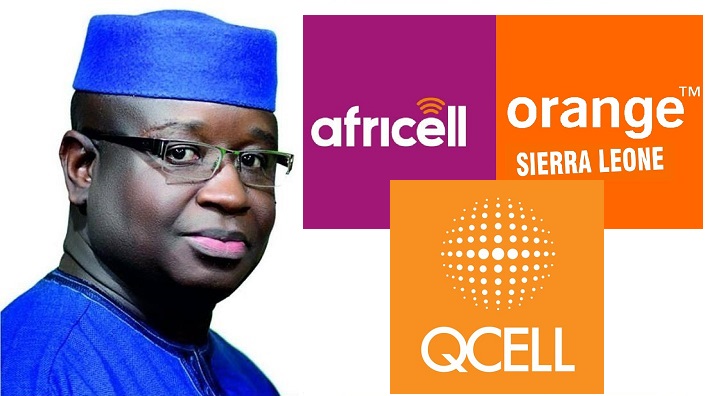The recent announcements made by the Sierra Leonean government and the National Telecommunication sector (NaTCOM) regarding agreements with mobile companies have evoked dissatisfaction and frustration among citizens. The government had proclaimed successful negotiations with mobile companies, pledging to reinstate free calls and weekend bonuses for consumers.
However, a notable increase in data prices was observed as of November 6th. Within just 48 hours, leading mobile companies such as Africell and Orange Sierra Leone introduced schemes for paid midnight browsing and calls, undermining the notion of “free” services.
These discrepancies have fueled widespread skepticism and frustration toward the government and telecommunication companies. The stark contrast between the promises made by the government and the harsh reality faced by citizens has generated a prevailing sense of betrayal. Consequently, the public is urging accountability and transparency regarding the agreements between the government and mobile companies.
The broken assurances of reduced data prices reinstated free calls, and weekend bonuses have not only left citizens disappointed but have also imposed financial burdens on an already struggling populace. The sudden surge in data costs has reverberated across various sectors of society.
In a survey conducted by Sieraloaded in Freetown, citizens expressed their disappointment, labeling the agreements as misleading. Many highlighted the increased burden of data costs and the contradiction of promised “free” services that now require additional payments.
Mr. Thomas A Koroma, a student at FBC University, underscored the adverse impact on students, given the heavy reliance of academic activities on internet access. He made a plea for reconsideration, emphasizing the financial strain on students, especially with increased data expenses.
Thomas emphasized, “Initially, I was very happy upon hearing the news about the return of free calls. However, my enthusiasm waned as mobile companies began requesting payment for access to midnight calls and browsing. It feels as though both the government and the mobile companies have deceived us by not revealing the complete truth in the news they published.”
Salamatu Jalloh, an employee in the money transfer sector, voiced concern over inflated data subscription costs affecting her work and colleagues. She urged the government to intervene and ensure fair pricing.
Salamatu remarked, “We utilize data for sending and receiving money from our customers. However, recently, the monthly data prices have drastically increased. It appears there was no agreement on the specific percentage of these price increments, allowing mobile companies to take advantage of us, the consumers. I am appealing to the government and NaTCOM to monitor these mobile companies, urging them to reduce data prices and establish an agreement that benefits both the companies and us, the consumers.”
Resident Mr. Alex Fofanah emphasized the practical impact of increased data prices on day-to-day communication, citing the challenge of decreased accessibility to regular calls due to rising tariffs.
Mr. Fofanah said, “Ninety percent of Sierra Leone’s population relies on WhatsApp and internet calls for communication. However, the rising costs of data have significantly impacted daily communication, as many individuals cannot afford to keep their internet connection active. Furthermore, the increased tariff for traditional calls has created additional barriers for people. The previously promised free calls are no longer free, as telecommunication companies now demand payment for these services. Consequently, the populace feels deceived by the government’s lack of transparency regarding these changes in the agreement, which has resulted in a situation where affordable and accessible communication methods are no longer as accessible as initially indicated.”
Citizens collectively express disappointment, feeling deceived by the unmet promises of the introduction of paid services falsely labeled as “free.” Many are demanding transparency and fair pricing to alleviate the economic strain caused by these unexpected changes.



 5 Comments
5 Comments









Increment in tariff with poor network in the country, this people are not helping situation.
This is too bad for the general populace.
This current government is already failing gradually
Na we d student dem dae suffer
Maybe the negotiations the government did with the mobile companies was not in the interest of the customers. The government might have been successful in negotiating for the taxes those mobile companies should pay. The night calls and weekend bonuses are not free so what was now the success in the agreement when the data prices have increased drastically? I am pleading that government intervene into this matter as everyone now depends on internet access. Thanks